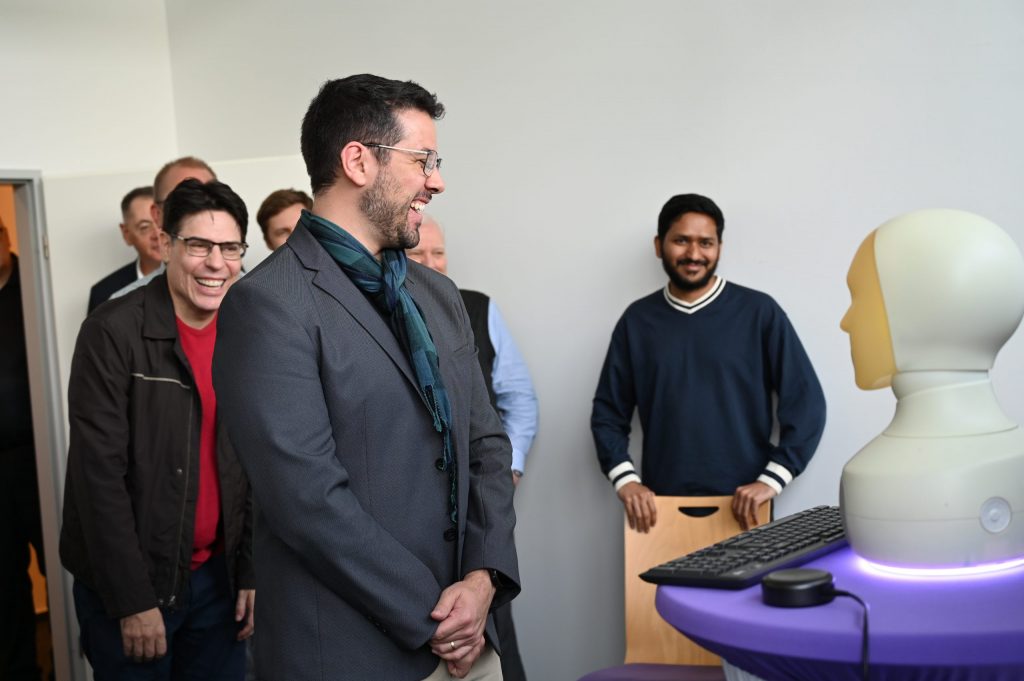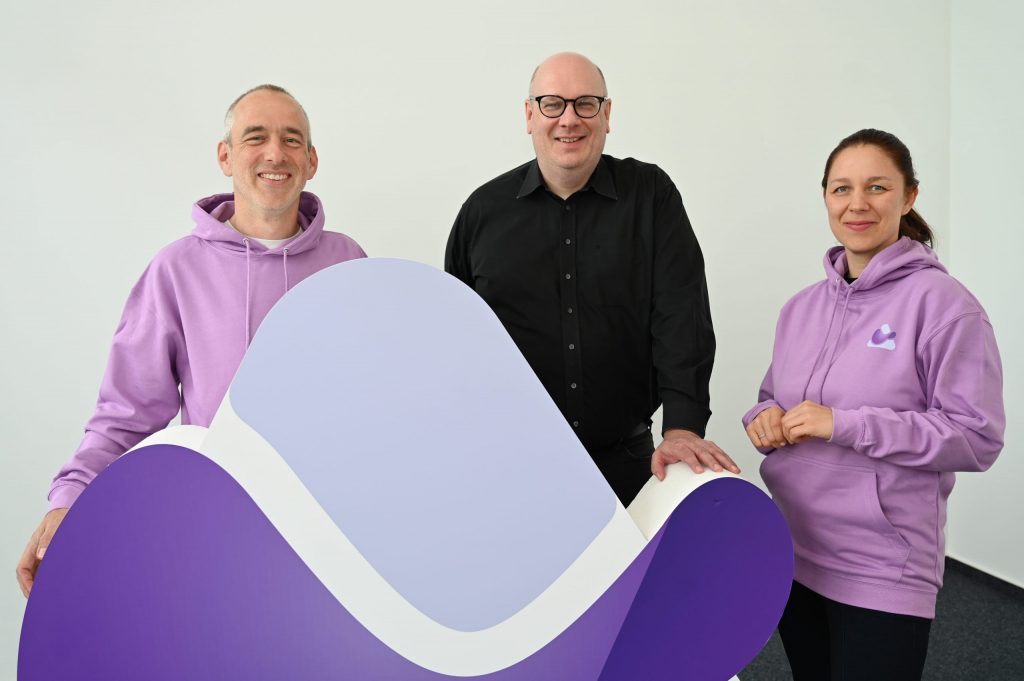
Artificial intelligence for the Common Good
The shortage of skilled workers, the increasing flood of information due to digitalisation and new needs of citizens make it necessary for the state to explore the potential of AI. On the face of it, public administration has particularly good prerequisites for the use of AI: Many administrative processes are highly structured and the execution steps are usually clearly regulated. Last but not least, the public sector has a large amount of data at its disposal. This blog post shows where public administration is already using AI, what role start-ups play in this and where the challenges lie.
AI use cases in the administration
The application of AI in the public sector today goes beyond test trials and pilot projects. A wide variety of administrative areas are already using AI in operations. Systems based on machine learning support the verification of documents, such as study certificates, which may be necessary for applying for child benefit. At customs, image recognition is used to identify counterfeit products. In the internal IT infrastructure of public authorities, AI is used to predict the overloading of server landscapes or recognise anomalies in data streams. However, AI systems are also increasingly penetrating the ‘front office’ of the administration, where the state and citizens meet directly. In an international context, for example, AI is occasionally used to improve counselling for the unemployed. There are also many other applications of AI in the public sector; the EU alone had collected over 680 use cases in its member states by the end of 2021.
Startups help to realise the potential of AI in administration
AI can be used to automate processes and relieve employees of repetitive tasks. One example of a repetitive task is the processing of housing benefit applications in local authorities. A cognitive AI application from a company in Darmstadt can provide support here, enabling administrative staff to automate certain process steps independently, even without programming knowledge. However, a large number of complex decisions are also made in administration every day. For example, in statutory accident insurance: for every single accident at work or on the way to work, the responsible accident insurance provider has to check whether it is worth taking recourse against a third party liable to pay compensation. In collaboration with a data scientist startup, an AI-based system has been developed that identifies cases with a high probability of successful recourse proceedings.
With generative AI, the latest development in the field of artificial intelligence is also finding its way into public administration. The Baden-Württemberg state administration is already using a chatbot internally that supports employees in their text work using an AI-based language model. There are various government funding programs for the development of AI applications that are geared towards the common good.
Special framework conditions for the use of AI
Artificial intelligence offers many advantages for the administration. On the one hand, recurring activities that can be processed more efficiently with the help of AI can benefit. On the other hand, complex decision-making processes can be placed on a broader empirical basis with AI. Positive effects are expected both for administrative staff, who will be relieved of some of their workload, and for citizens, who will benefit from better government services. The administration is therefore already using AI in selected processes. However, the public sector is subject to special framework conditions in the fulfilment of its diverse tasks. High security and data protection requirements are reasons why it is likely to take some time before the potential of AI reaches the wider public sector. The European Commission’s AI Act will provide legal certainty in this context, and many are looking forward to its transposition into national law in the coming years.



